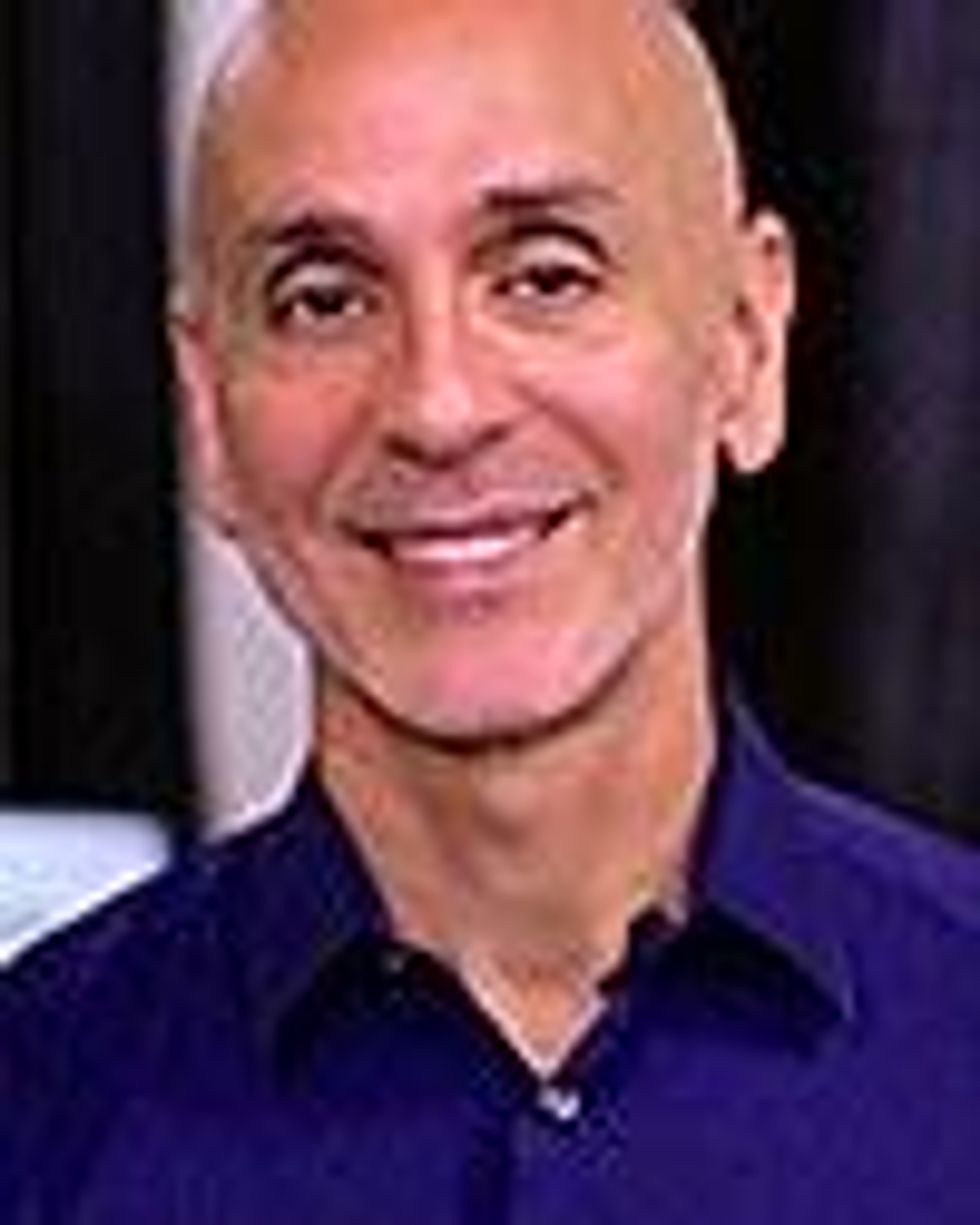Addiction within the LGBT community is real -- and rampant.
That this problem exists, according to these findings from the U.S. Centers for Disease Control and Prevention, should not surprise us. Compared to heterosexuals, LGBT patients have higher rates of substance abuse, lower levels of abstinence from alcohol and drug use, and a greater likelihood to continue heavy drinking for a longer period of time.
What is shocking is how deceptive a Google search for LGBT addiction treatment is, yielding 493,000 results (in 0.70 seconds). These numbers, at first glance, appear to be a testament to the significance of this challenge; they suggest a ready and willing collection of centers, conversant in these matters and conveniently located within every major town or city throughout the United States.
Unfortunately, the majority of these places are referral sites -- a search for LGBT addiction treatment produces pages upon pages of sites that leverage these keywords (and others) -- that redirect visitors to the homepage of a general alcohol and drug treatment facility.
Translation: A page that speaks to the concerns of the LGBT community, by its layout and design as well as the design of the owners of that featured page, is very misleading; it appropriates the language of our friends and comrades, and our brothers and sisters, and it conveys a sense of trust by acknowledging the work of, say, the Substance Abuse and Mental Health Services Administration or the Center for American Progress, while never conceding the truth: That once you enroll in one of these centers -- an expensive facility with little or no history of treating LGBT patients -- you will not get the care you need, period.
For example: Mental and Behavioral Health professionals working with the LGBT population receive more than their share of phone calls from distraught parents and colleagues, each reporting their alarm at the lack of concern (and the general absence of compassion) involving treatment programs that do not accommodate the needs of this group.
I can attest to this fact, since I received a call late last year (near the end of autumn) from a family en route to Oregon because they had no choice but to request the discharge of their son (at his insistence) -- after just three days of "treatment" -- from a facility in Los Angeles.
By placing this patient with 14 heterosexual men, most of whom were there for treatment for heroin addiction, the overall environment could not and did not help to heal a shy young man overcome with a sense of isolation, and thus more vulnerable to succumbing to this potentially fatal addiction.
Steve Lapuk, a licensed marriage and family therapist in private practice in Los Angeles, has his own story about a patient who, after multiple failed attempts at sustained sobriety, enrolled in a residential treatment facility. (The patient chose this place because of its emphasis on the "gay and lesbian track" only to discover that no more than four people, out of approximately 60 patients in the same program, were gay.
If a treatment center is not conversant with the individual needs of LGBT patients, it should direct these men and women to a place that can help them. Applying generic approaches to addiction and ignoring specific treatment goals for this population may contribute to a higher incidence of failure.
Treatment programs must reflect the dynamic between the drug and the patient, or the forces between a specific addiction and a particular addict. Safety in a treatment environment is essential, so that person may speak without fear of judgment and get the care necessary for long-term recovery.
Not only does the risk of recidivism increase exponentially among those centers with no experience in the matters mentioned above, the fact that there are differences between heterosexual and LGBT addicts of the same drugs must not remain an issue of silence.
For silence does indeed equal death if this facade persists.
Find out more information on treating LGBT addiction here and here.
















Charlie Kirk DID say stoning gay people was the 'perfect law' — and these other heinous quotes
These are some of his worst comments about LGBTQ+ people made by Charlie Kirk.